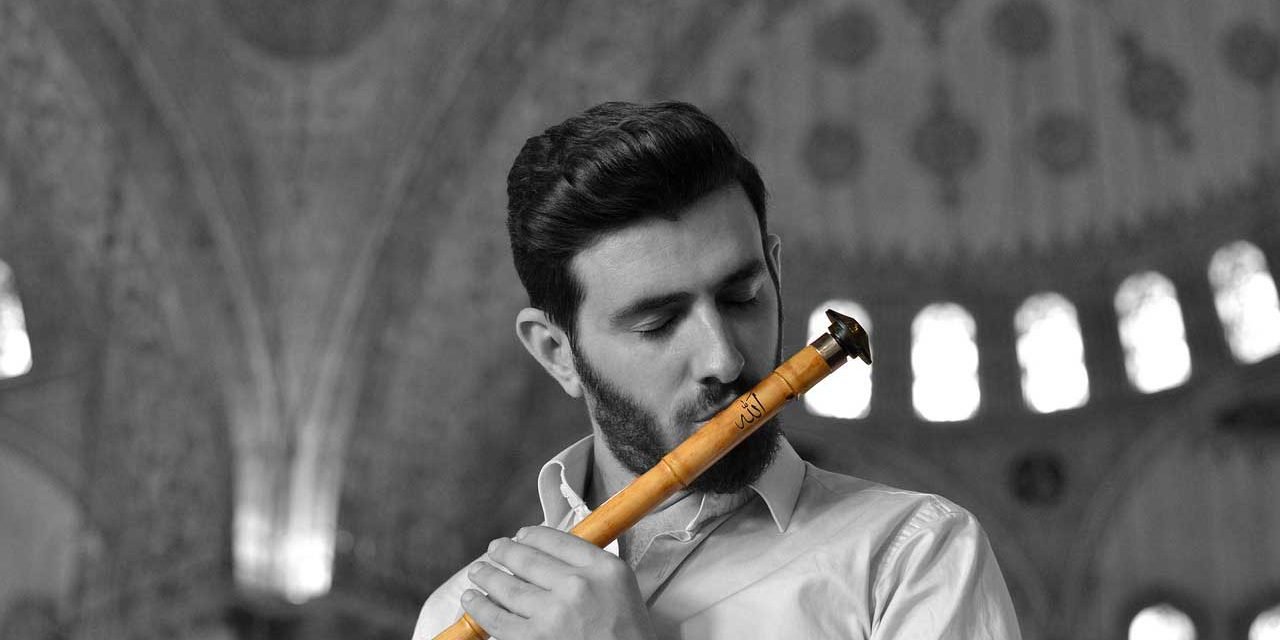But this week I was humming a tune and was thinking about how important it is that the music and the lyrics match. Take for example the music of Titanic. The pan flute was chosen because it has almost a sorrowful tone which matched the difficult moments of the Titanic quite well. Or think of the trumpets and their driving beat in the theme song for “Rocky.” It just carries the moment as Rocky trains for the big fight. Powerful. And yet is this any less true for the Psalms?
When most people think Psalms and instrumentation, they imagine church organ music. Think Ps 23. But I don’t think this is the case as often as we’d like to think. Psalm 4 is very impassioned and dramatic, beginning with a cry of distress and ending in great joy and peace that that is the fruit of trust. For this I too probably would’ve chosen “stringed instruments.” David wrote this poetry and these lyrics, he knew the music that would best match his heart.
For Psalm 5 we see he has asked the director to put his words to flute music. When I think flutes, I think either light, twittery music and/or sorrowful, soulful sounds. The latter is where I believe this Psalm fits musically with maybe a dash of the former. David is again crying out for help, waking up in the morning with cries to his God. The evil is…terribly evil. David minces no words. He’s hurt, frustrated, angry and not afraid to ask God to “Declare them guilty” and “Banish them for their many sins.” But yet again he ends on a note that the righteous will find joy-filled, song-filled refuge. Maybe it was only the music of the flute that could eloquently play out these extremes.







